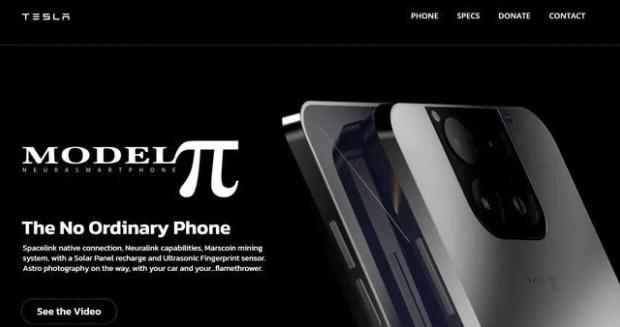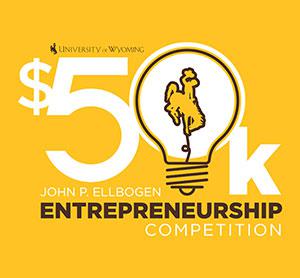As more consumers turn to electric vehicles, they will need to be charged and it is likely that will happen at home. But the potential for deep-draws of power could possibly overload the grid.
On Thursday, Hydro Ottawa announced it is taking part in a new pilot project to look at how artificial intelligence technology can help reduce demand during peak consumption times.
BlueWave-AI has created software that can determine the best time to charge cars and be used to activate chargers when the time is ideal.
“Each EV creates a certain load from the grid and the grid only has so much capacity. We want to sequence the charging in an appropriate way so that the grid does not get constrained,” says BlueWave-AI founder and CEO Devashish Paul. "You can use artificial intelligence to space out when these cars are changed; predict, detect, optimize and control the charging of the EVs at the right time. It also corresponds to when there is more renewable energy in the grid, when there is more wind and solar it’s cheaper so everyone wins."
Paul says the program would aim to incentivize consumers to use the technology; however, it can also be customizable. For instance, is a family is planning to leave earlier than usual? The software can be told to charge at different times.
Currently in Ontario, there are about 75,000 electric vehicles on the road, and that number is expected to jump significantly over the next few years. Looking forward, there is also the potential to use the batteries inside of electric vehicles that are plugged into the grid, to help offset load requirements when demand is high.
"What we are trying to do is understand how to efficiently use these rolling batteries to not only draw from the grid but potentially provide the grid with the energy that they store," says Lesley Gallinger, President and CEO of Independent Electricity System Operators.
"If we can understand how to control this load and how to potentially dispatch it to offset other drain on the grid, it could potentially defer the need to build electricity infrastructure, it could also possibly have customers supply the grid and being paid for that supply."
Raymond Leury, president of the Electric Vehicle Council of Ottawa, has owned electric cars for nearly a decade and says the pilot project with Hydro Ottawa is a step in the right direction.
"I charge my vehicles at night when the rates are lower but also when the electricity is cleaner," says Leury. "We happen to have an excess of energy at night in Ontario and it would be ideal for us to leverage that to charge EVs. So by using electricity that is produced at night when there is ample excess, it’s lower cost electricity and it should eventually lower the cost of electricity for everybody.”



